Is CocoMelon educational? An in-depth review by a preschool teacher
This review was written by Manisha Snoyer, the founder and CEO of Modulo, a company that provides resources and support families who are homeschooling their children. With over 20 years of experience as a teacher, Manisha has instructed over 2,000 children of all ages and abilities in three countries and 18 subjects. She has tutored at some of the best private schools in the world and throughout the NYC public school system. Manisha graduated summa cum laude from Brandeis University.
Overview of CocoMelon
CocoMelon Nursery Rhymes offers an engaging way for children to practice phonics, vocabulary, and comprehension skills through catchy karaoke-style nursery rhymes and engaging animations. While it can be highly effective as a supplemental tool, it is recommended to use CocoMelon in conjunction with a science-backed explicit phonics program for comprehensive early literacy development.
Who it’s a good fit for: Parents and educators seeking to supplement phonics instruction for toddlers and preschoolers through engaging, musical content.
Who it’s not a good fit for: CocoMelon might not suffice for those looking for a comprehensive tool that provides explicit phonics instruction, or for kids who gravitate more towards outdoor activities, interactive apps or kinesthetic learning.
For Grades: Preschool to Kindergarten
Cost: Free (with optional YouTube premium subscription for ad-free viewing)
Early literacy is the foundation of academic success and lifelong learning. Mastering the skills of reading and writing at an early age can have profound effects on a child’s development, including cognitive, social, and emotional aspects.
Studies show that children who are exposed to reading before preschool are more likely to do well in formal education. They develop a broader vocabulary, increased general knowledge, and a better understanding of the world around them. This is where a well-structured curriculum and engaging content come into play.
During the pandemic, we faced the challenge of teaching preschoolers online. We tested over 100 YouTube channels to find resources that would engage students actively. CoCoMelon Nursery Rhymes emerged as one of the top tools in our testing.
Fostering early literacy skills is a complex task, involving the development of phonics, vocabulary, comprehension, and a love for reading. The use of YouTube channels, like CocoMelon Nursery Rhymes, has emerged as an effective way to supplement traditional and digital learning experiences. However, research emphasizes the importance of explicit phonics instruction in teaching children to read. Therefore, while CocoMelon's engaging content supports early literacy development, it should be used alongside a comprehensive phonics program for maximum effectiveness.
About CoCoMelon Nursery Rhymes
CoCoMelon Nursery Rhymes is a popular YouTube channel known for its entertaining and educational content for young children. With its karaoke-style videos, children can see the words highlighted as the characters sing, facilitating their learning to read. CoCoMelon has gained immense popularity, with millions of users worldwide, and has received numerous accolades and prizes for its contribution to early childhood education.
CoCoMelon's YouTube channel has over 120 million subscribers and is one of the most subscribed children's channels on the platform. The channel has been recognized for its educational impact, receiving accolades such as the YouTube Diamond Play Button for surpassing 10 million subscribers.
How to Use CoCoMelon Nursery Rhymes:
1. Visit the CoCoMelon Nursery Rhymes YouTube channel.
2. Select a video from the wide array of options, including standalone nursery rhymes or longer compilations.
3. Play the chosen video and enjoy the interactive content with your child.
Key Characteristics of CoCoMelon Nursery Rhymes:
Catchy and well-animated nursery rhymes that engage children.
Simple and repetitive lyrics for easy understanding and memorization.
Emphasis on phonological awareness, vocabulary development, and comprehension skills.
Karaoke-style videos with highlighted words to support early reading skills.
How to Use CoCoMelon to Help Teach Your Child to Read
CoCoMelon Nursery Rhymes provides an engaging platform for early literacy development. While the channel does not explicitly teach phonics, the karaoke-style videos with highlighted words can help children develop familiarity with language and support early reading
skills. Parents can draw attention to the words as they move across the screen, reinforcing letter-sound correspondence and promoting phonological awareness. However, it's important to note that explicit phonics instruction should be included as a complementary approach to ensure a well-rounded literacy foundation.
Pros and Cons of CoCoMelon Nursery Rhymes
Pros:
1. Engaging and entertaining content for young children.
2. Promotes early literacy skills, including phonological awareness and vocabulary development.
3. Wide variety of nursery rhymes available.
4. Free and easily accessible.
5. Suitable for both standalone and group viewing.
6. Karaoke-style videos with highlighted words aid in early reading development.
Cons:
1. Lacks complex literacy content for advanced learners.
2. Not as interactive as learning apps or games.
3. Might not hold the interest of older children.
4. Some parents might find the repetitive nature of the content tiring.
5. Ads can interrupt the viewing experience, though this can be avoided with YouTube Premium.
6. Screen time can be addictive. Be sure to engage with your child while watching any YouTube show, rather than using it as a form of entertainment
Special Needs and CoCoMelon Nursery Rhymes:
For children with special needs, CoCoMelon's simple, predictable, and repetitive content can be particularly appealing. However, it's important to tailor viewing to each child's specific needs and preferences.
The effectiveness of CocoMelon Nursery Rhymes, or any other learning tool, for children with special needs such as dyslexia, autism, and ADHD largely depends on the individual child's specific needs, preferences, and learning style. Here's a brief overview of how CocoMelon may or may not benefit kids with these conditions:
Precocious reading or Hyperlexia
A very small percentage of children teach themselves to read, generally through cracking the code of reading on their own, through early exposure to language. Children who are autodidacts when it comes to reading usually demonstrate an early interest in books, letters, and sounds and start picking up reading skills on their own. If you are noticing that your child is starting to decode words in books you are reading to them, CoCoMelon can be an incredible tool to accelerate this process.
Dyslexia
Children with dyslexia often struggle with phonological awareness, a skill that CocoMelon content indirectly supports through music and rhyme. The visuals accompanying the lyrics can help reinforce the connection between sounds and symbols. However, these children may require more targeted phonics instruction, which CocoMelon does not explicitly provide. Therefore, while it may be beneficial as a supplement, it should not be considered a primary teaching tool for children with dyslexia.
Autism
For children on the autism spectrum, the structured, predictable, and repetitive nature of CocoMelon videos might appeal. These videos provide opportunities for these children to engage with musical content and improve their language and social skills. However, sensory sensitivities common in autism mean that some children might find the bright colors, loud music, or rapid pace overstimulating. It's important to gauge the individual child's reaction and adjust usage accordingly.
ADHD
Children with Attention Deficit Hyperactivity Disorder (ADHD) might find the colorful, dynamic visuals and engaging music of CocoMelon appealing, which could potentially help hold their attention. That being said, the lack of interactivity might make it less effective for children who learn best through active engagement. Moreover, the fast-paced nature of the videos might be overwhelming for some children with ADHD.
In all cases, it's crucial to remember that CocoMelon, or any other single tool, should not be relied upon as a standalone resource for teaching and development. A holistic approach, encompassing a range of resources tailored to the child's specific needs and preferences, is likely to be most effective. As always, consultation with a relevant educational or healthcare professional is advised when designing a learning plan for a child with special needs.
Pro-tip: Watch CocoMelon with your kids
To get the most out of CocoMelon, parents and caregivers should engage with their kids while they’re watching the shows, helping them decode and develop phonemic awareness, rather than using it as a form of passive entertainment. Some studies suggest that watching shows before age 2 can negatively impact executive functioning skills later on, so we recommend starting at age 3 or later.
Practical Info
Cost: Free, with optional YouTube Premium subscription for ad-free viewing.
Grades: Preschool to Kindergarten.
Type of Tool: Educational Video Content.
Compatible Devices: Any device with internet access and YouTube capabilities.
Time Required: Dependent on the child’s interest and parent’s discretion.
Literacy Requirement: No prerequisite reading skills required.
Screens: Yes.
Online or Offline: Online.
Parent/Caregiver Involvement: Moderate to high recommended.
Flexibility: None
Progress Tracking: None.
State Standards: Not applicable.
Teacher Accounts: Not applicable.
FAQ
Is CoCoMelon Nursery Rhymes good for learning?
Yes, CoCoMelon Nursery Rhymes promotes early literacy skills in an entertaining way. However, it should be used as part of a balanced learning approach that includes other literacy activities and reading materials.
Does CoCoMelon Nursery Rhymes have ads?
Yes, it does. However, these can be avoided with a YouTube Premium subscription.
Is CocoMelon bad for kids?
Several child development professionals have expressed concerns about the potential negative effects of CoComelon on young viewers. According to Jerrica Sannes, an expert in early childhood development and education, the show's hyper-stimulating nature may lead to addictive viewing habits. This constant barrage of sensory stimulation could, in turn, contribute to the development of behavioral issues and attention disorders. Hence, it's crucial for parents to consider the potential ramifications of such content on their children's development.
What does CocoMelon Teach Kids?
CoCoMelon teaches kids a variety of things, including basic educational concepts like numbers, colors, letters, and shapes. It also teaches important life skills such as sharing, manners, and hygiene. Additionally, CoCoMelon helps children develop their language and communication skills through catchy songs and rhymes.
Is CocoMelon appropriate for kids?
CoCoMelon is a popular YouTube channel that creates nursery rhymes and children's songs. It is generally considered appropriate for kids, as the content is designed for young children and focuses on educational and entertaining songs. However, as with any media, it is always a good idea for parents to preview the content and decide if it aligns with their own values and what they deem appropriate for their children.
Conclusion
CoCoMelon Nursery Rhymes is an entertaining and engaging tool for promoting early literacy among toddlers and preschoolers. Its simplicity, focus on phonological awareness, and extensive library of content make it a valuable addition to a child's early learning journey. While it has some limitations, CoCoMelon Nursery Rhymes remains a popular choice for parents seeking an enjoyable way to develop their child's early reading skills.
Sources
1. [The Importance of Early Literacy and Its Impact on Future Success](https://www.ncbi.nlm.nih.gov/pmc/articles/PMC532882
2. [CoCoMelon YouTube Stats](https://www.socialblade.com/youtube/channel/UCbCmjCuTUZos6Inko4u57UQ)
3) Is ‘CoComelon’ Actually Bad for Kids? Here’s What Experts https://www.greenmatters.com/parenting/why-is-cocomelon-bad-for-kids
https://www.nwea.org/blog/2022/the-science-of-reading-explained/
5) Sold a Story podcast: How Teaching Kids to Read Went so Wrong
https://features.apmreports.org/sold-a-story/
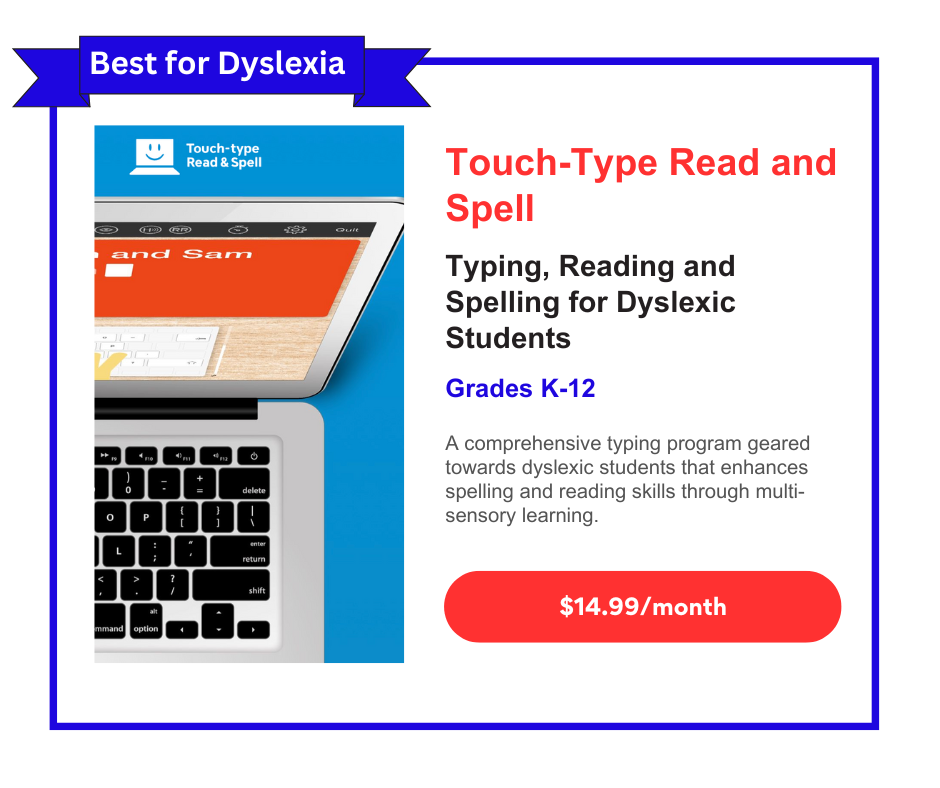
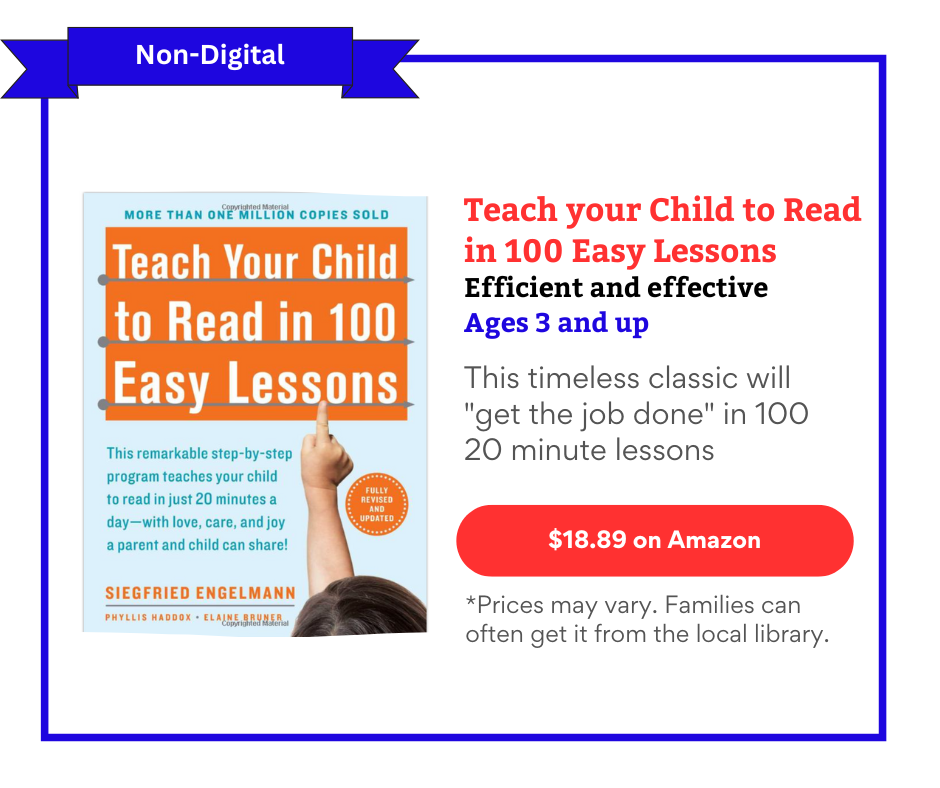
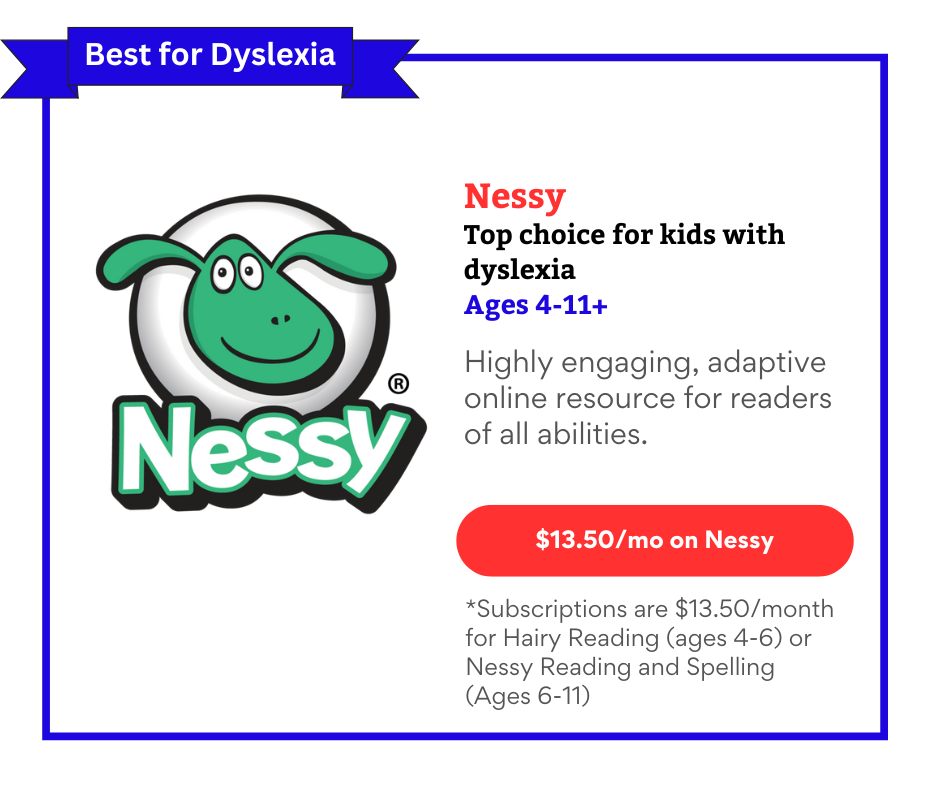
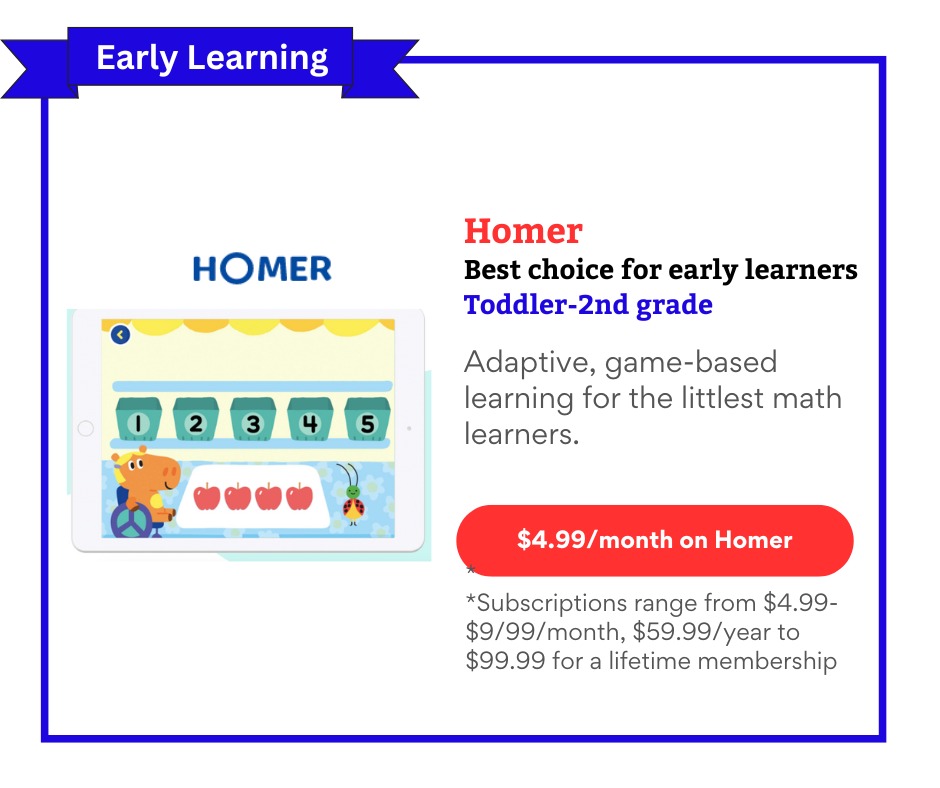


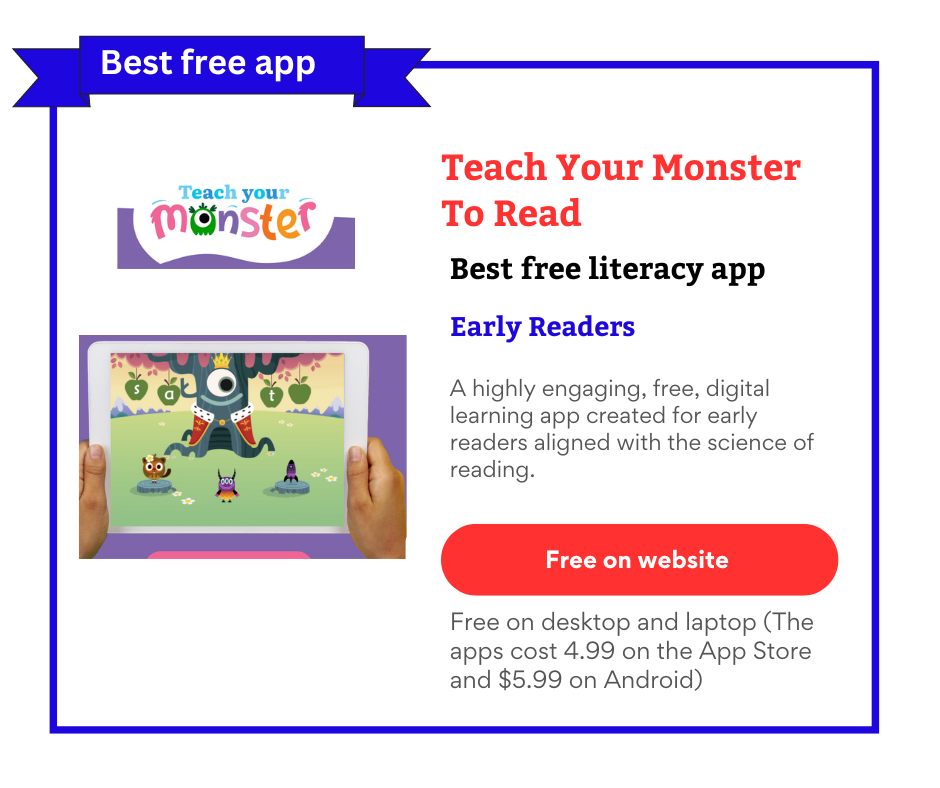
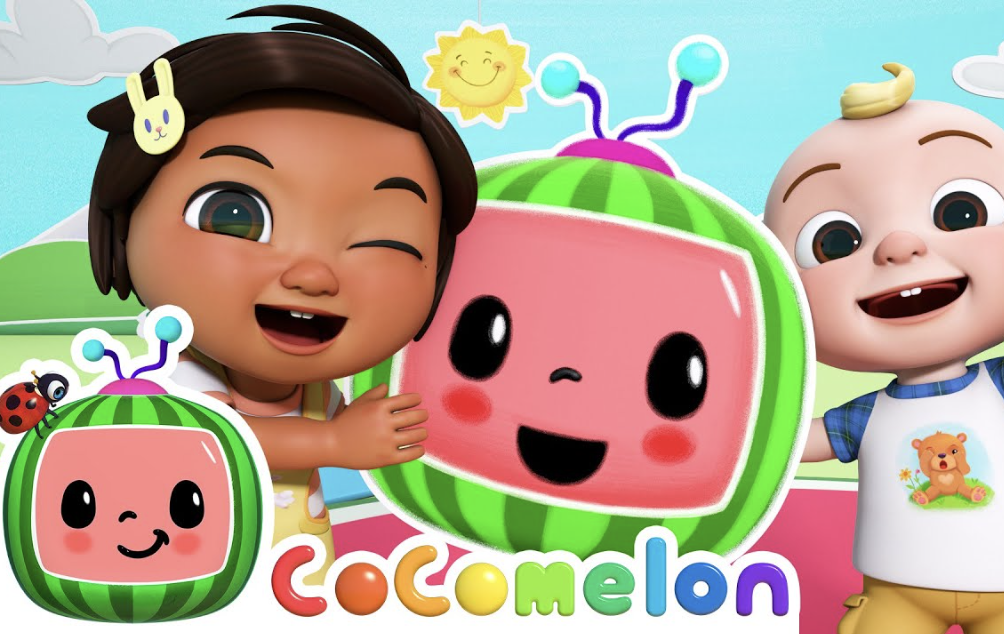

Discover Wild Reading, the innovative homeschool reading curriculum that blends nature exploration with foundational literacy skills, designed to engage and educate young readers.